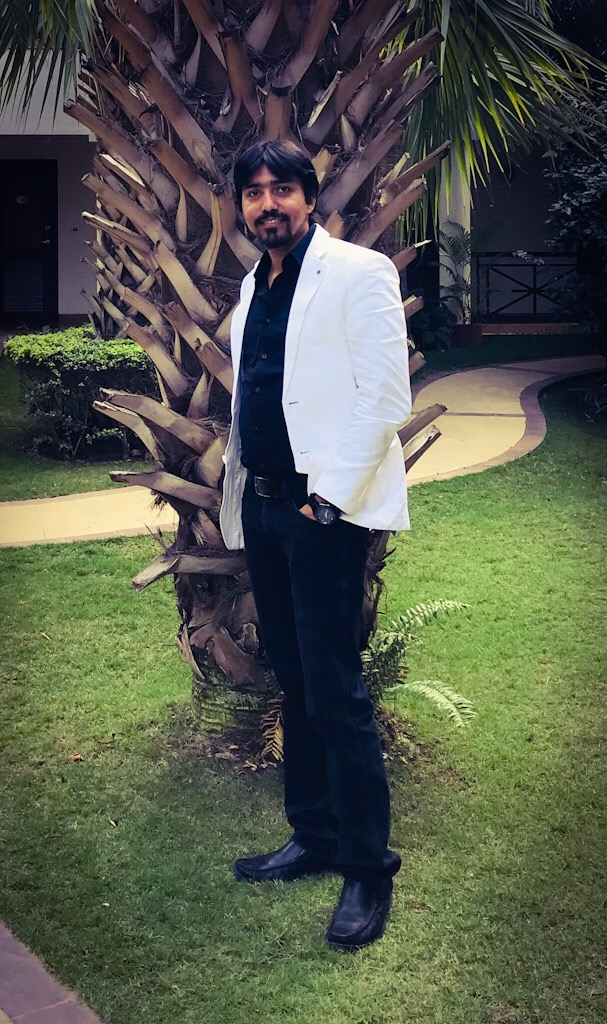Ministry of Health and Family Welfare is organizing a two-day orientation workshop for Population Research Centres (PRCs) to highlight the various features of the flagship schemes of the Health Ministry for concurrent monitoring. Inaugurating the national workshop today at New Delhi, Ms. Preeti Sudan, Secretary (HFW) stated there is an urgent need for PRCs to reinvent themselves to become more relevant. She further stated that PRCs should integrate with the institute they are anchored in for more thoughtful insights of local and current issues to enrich their research. At the event, Ms. Preeti Sudan also released the Rural Health Statistics (2017-18) and a Compendium of Studies Conducted by the PRCS (2017-18).
Shri Manoj Jhalani (AS&MD) and Shri D K Ojha, DDG (Stats.) along with other senior officers of the Ministry and representatives from state PRCs were also present at the function.
Secretary (Health) further stated that Ayushman Bharat is a flagship program of the government and has two components – Health and Wellness Centres (HWCs) for Comprehensive Primary Health Care and Pradhan Mantri Jan ArogyaYojana (PMJAY) for secondary and tertiary care. These components are linked to address the major challenges of ensuring continuum of care, two-way referral system and gatekeeping.
Ms. Preeti Sudan said that the government is committed to strengthening 1,50,000 facilities as Health and Wellness Centres which will deliver Comprehensive Primary Health Care closer to where people live in rural and urban areas. “PRCs can provide critical research based inputs to strengthen these initiatives further,” Ms. Preeti Sudan added.
Ministry of Health and Family Welfare (MoHFW) has established the network of 18 Population Research Centres (PRCs) spread over 17 major States/UTs, with the mandate to provide, inter alia, critical research based inputs related to the Health and Family Welfare programs and policies at the national and state levels. The PRCs are autonomous in nature and administratively under the control of their host University/Institutions. The scheme started with establishment of 2 PRCs at Delhi and Kerala in 1958 and expanded to 18 PRCs with latest inclusion of PRC, Sagar during 1999. Of these, 12 are attached to various Universities and 6 are in research institutions of national repute.
The PRCs were established to undertake research projects relating to family planning, demographic research and biological studies & qualitative aspect of population control, with a view to gainfully utilize the feedback from these research studies for plan formulation, strategies and policy interventions of ongoing schemes. They are also involved in other studies given by Ministry such as Concurrent Evaluation of NRHM conducted by the Ministry throughout the country during 2008-09, large scale sample surveys of the Ministry like District Level Household survey (DLHS), National Family Health Survey (NFHS) and Longitudinal Ageing Study in India (LASI), All India study on “Rapid Appraisal of National Rural Health Mission (NRHM) Implementation in 36 Districts of 20 States of India” in the recent past. In addition, they also monitor important components of NHM Programme Implementation Plans. Till now, the PRCs have completed more than 3600 research studies since inception. They have more than 110 research papers published in prestigious international journals.
";


